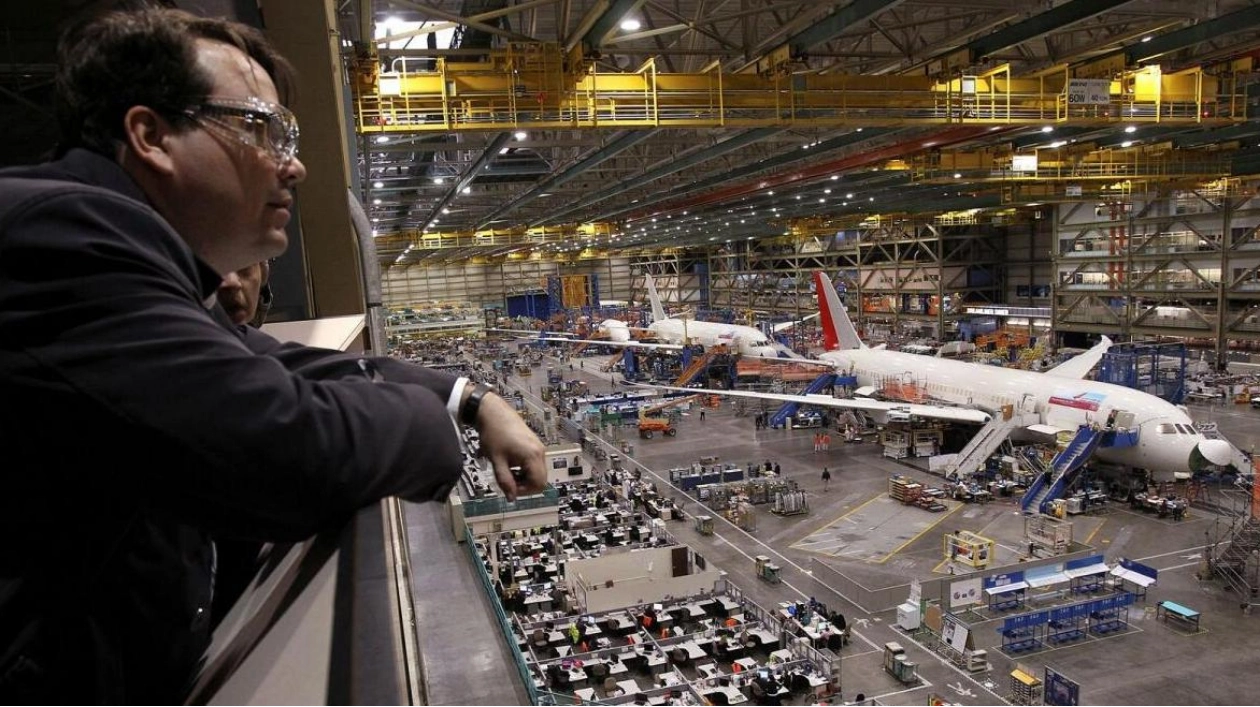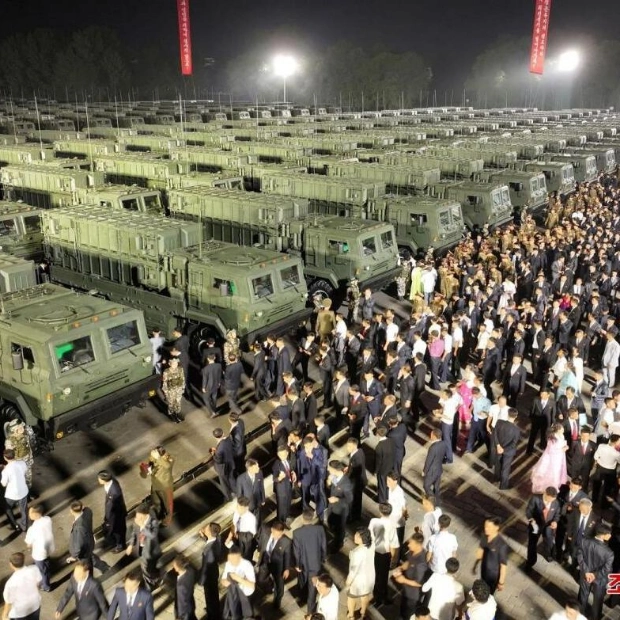Boeing anticipates that suppliers who have fallen behind will accelerate the delivery of components, aiming to boost the production rate of its 787 jets above five per month. This comes as the American aircraft manufacturer strives to ramp up output for two crucial commercial programs by the end of the year. Both Boeing and its European counterpart Airbus are grappling with the challenge of fulfilling robust demand from airlines, hindered by issues within their supply chains and manufacturing facilities. These concerns are expected to loom over the Farnborough Airshow, scheduled from July 22 to 26, despite the robust demand for travel.
Earlier in the year, Boeing reduced the production rate of the 787 to give suppliers time to catch up, as disclosed by a company executive during a June tour of its expansive 777 widebody factory in Everett, Washington State. Scott Stocker, the vice president and general manager of the 787 program in South Carolina, stated, "Our strategy is to resume a production rate of five jets per month later this year as we observe the supply of incoming parts returning to satisfactory levels."
Boeing's executives informed reporters that the company is also implementing measures to enhance employee feedback and improve production quality for its widebody jets, which operate on long international routes, similar to its single-aisle 737 MAX. This follows heightened legal and regulatory attention after a door plug blew out mid-air on a nearly new 737 MAX 9 in January, attributed to missing bolts. Boeing has committed to restoring 737 production to approximately 38 jets by the end of the year, after a significant decline in output of its best-selling model.
Despite a recent boost for its widebody jets with the commencement of certification flight testing for the long-delayed 777-9, Boeing faces distinct challenges with the 787 due to delays in the supply of seats and heat exchangers. Stocker confirmed that a separate issue with fasteners on the Dreamliner, reported by Reuters in June, is not affecting the current production rate. He also mentioned that Boeing has conducted a thorough fleet analysis after being alerted by an employee about incomplete tests earlier this year. The U.S. Federal Aviation Administration (FAA) has initiated an investigation.
"We have identified the need to revisit and rectify some of the work that was not completed correctly," Stocker said. "The investigation is ongoing, but we have made significant progress." Boeing suspended deliveries of the 787 widebody jet for over a year until August 2022 due to FAA investigations into quality issues and manufacturing defects. Despite these challenges, the planemaker is looking to increase production of the Dreamliner, having set a target rate of 10 per month for the 2025-2026 period at its 2022 investor day. Stocker did not provide a specific long-term target, stating, "We are planning to increase production rates over the next several years."






